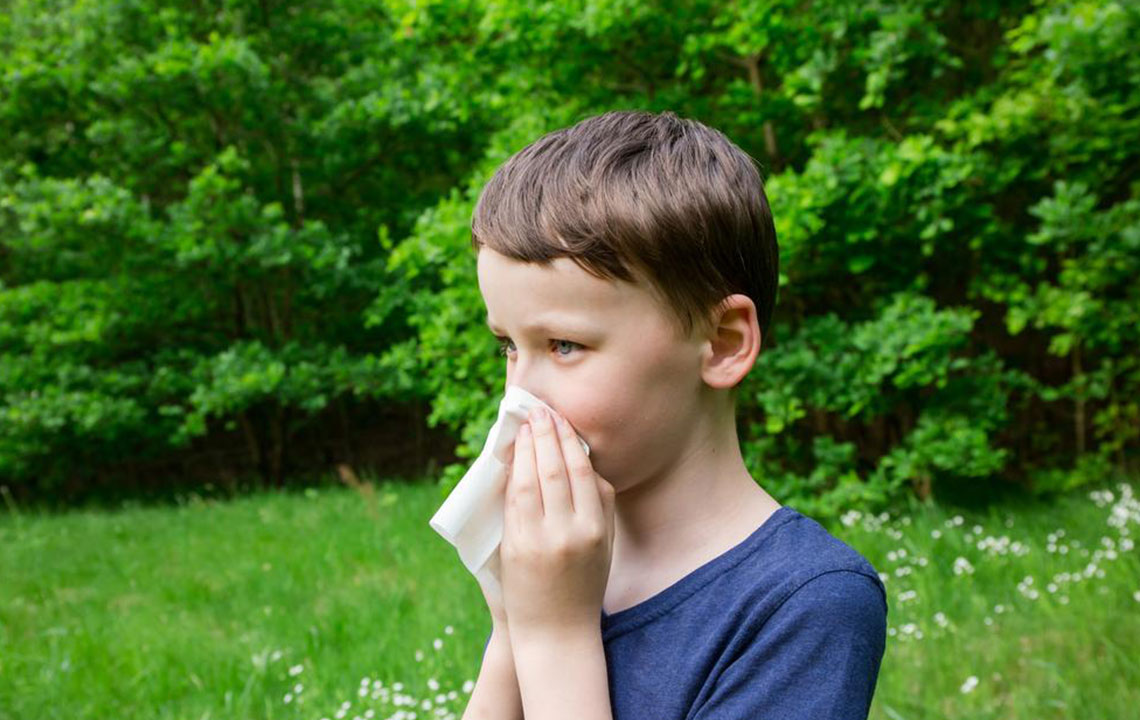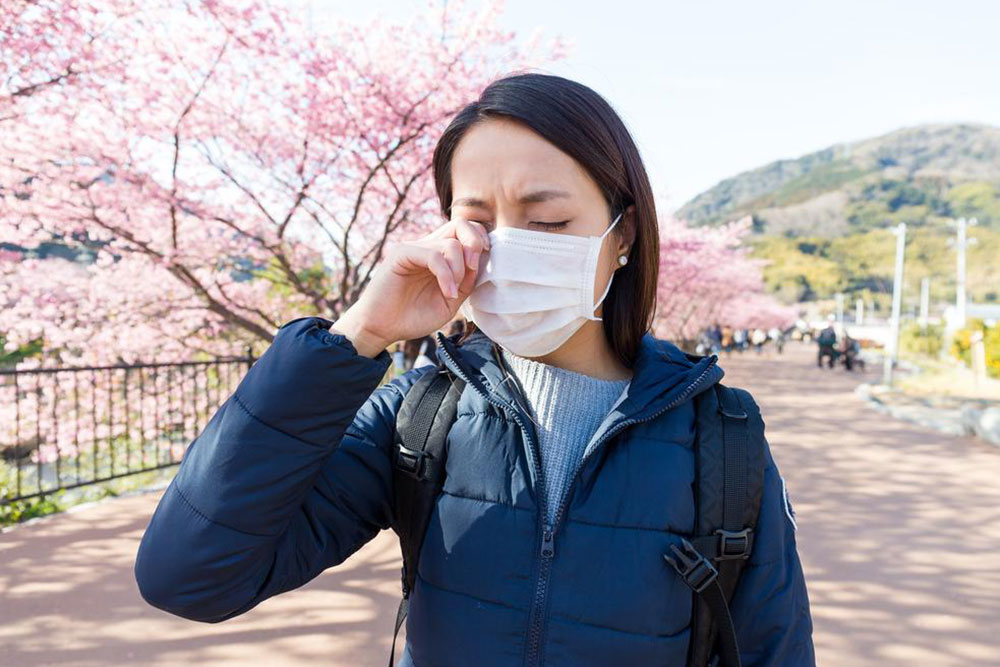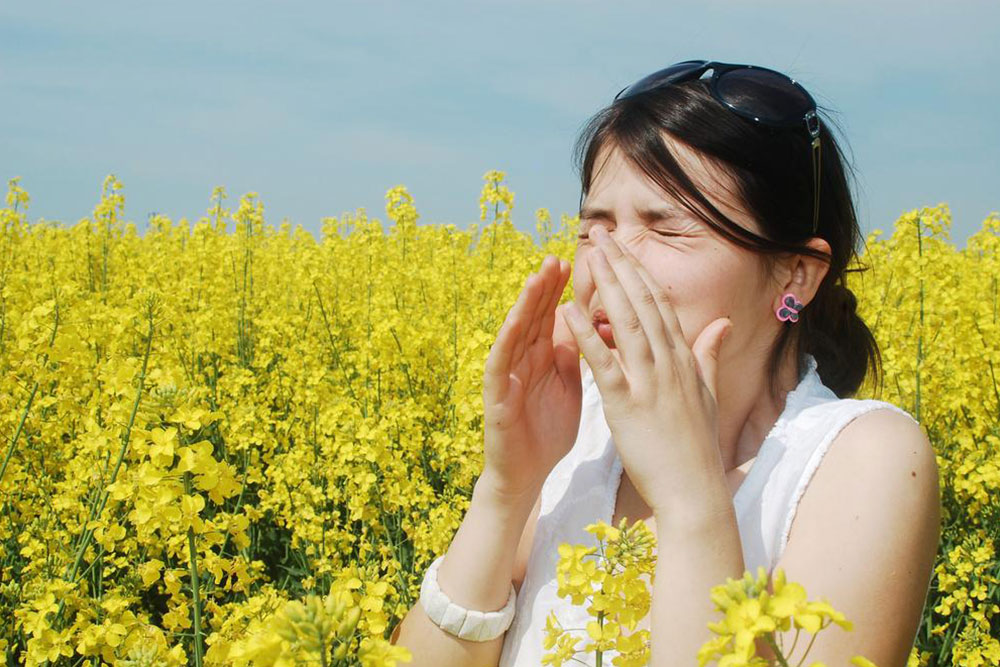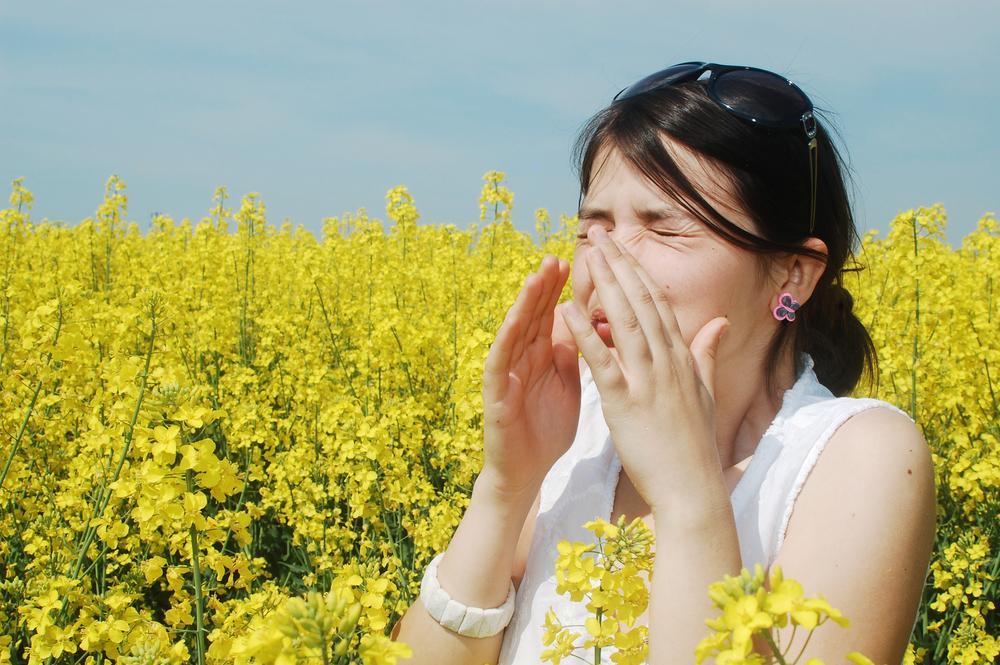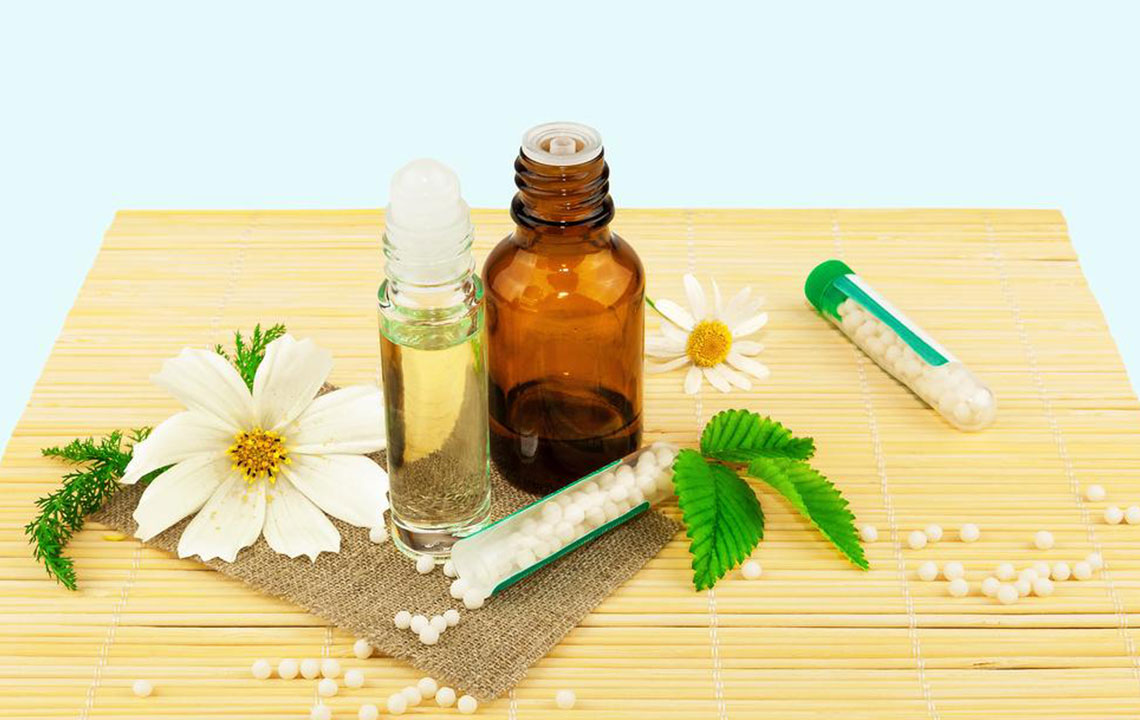Effective Natural Strategies to Relieve Pollen Allergy Symptoms
Discover effective natural remedies to reduce pollen allergy symptoms. From herbal solutions like butterbur and quercetin to lifestyle tips such as home hygiene and spicy foods, this comprehensive guide offers holistic approaches to manage allergic reactions. Learn how to alleviate sneezing, congestion, and watery eyes without relying solely on medication. Whether you're seeking quick relief or long-term prevention, these natural strategies can help improve your quality of life during high pollen seasons and beyond.

Effective Natural Strategies to Relieve Pollen Allergy Symptoms
Our immune system plays a vital role in defending our bodies against harmful pathogens and foreign invaders. However, sometimes this complex system overreacts to benign environmental factors, leading to allergic reactions. Among the most common environmental allergens is pollen, a natural reproductive component produced by trees, grasses, and flowering plants. Despite being essential for plant propagation, pollen can trigger significant allergic responses in sensitive individuals. In the United States alone, an estimated 30% of adults and nearly 40% of children suffer from pollen allergies, making it a widespread health concern.
Understanding Pollen Allergy and Its Impact
Pollen allergy, also known as hay fever or allergic rhinitis, is an immune response characterized by symptoms such as sneezing, nasal congestion, itchy and watery eyes, and wheezing. When pollen particles become airborne and inhaled, the immune system mistakenly identifies them as harmful invaders. This prompts the release of chemicals like histamine, which leads to inflammation and the typical allergy symptoms. Pollen levels tend to be higher during certain seasons, especially spring and early summer, but indoor exposure can also trigger reactions year-round due to accumulated pollen on surfaces.
Understanding how pollen affects your body is the first step toward managing allergy symptoms effectively. While medications like antihistamines and decongestants are commonly used, many individuals seek natural remedies to reduce reliance on pharmaceuticals and mitigate side effects. This article explores various holistic and natural solutions designed to help alleviate pollen allergy symptoms without compromising health.
Exposure to pollen leads to an immune response that triggers the release of inflammatory chemicals, resulting in allergy symptoms such as nasal congestion, sneezing, and itchy eyes. Although medications can help control these symptoms, natural remedies offer a gentle, side-effect-free alternative that many individuals find beneficial in managing their conditions.
Top Herbal and Natural Remedies to Combat Pollen Allergy Symptoms
Butterbur (Petasites hybridus)
An ancient herbal remedy renowned for its effectiveness against hay fever, butterbur works by inhibiting inflammatory processes involved in allergic reactions. It helps reduce the severity and frequency of allergy symptoms by modulating immune responses to pollen exposure. Studies suggest that butterbur can be as effective as some antihistamines without causing drowsiness, making it a popular natural alternative.
Fish Oil Supplements
Rich in omega-3 fatty acids, especially EPA and DHA, fish oil has potent anti-inflammatory properties. Regular intake of fish oil supplements can help reduce inflammation in the airways, easing symptoms such as wheezing, congestion, and swelling caused by pollen allergies. Incorporating omega-3-rich foods like salmon, mackerel, and sardines into your diet can also provide similar benefits.
Saline Nasal Spray
Using a saline nasal spray or rinse, such as a neti pot, can effectively flush out pollen particles, mucus, and irritants from the nasal passages. This natural cleansing method relieves nasal congestion, soothes inflamed tissues, and promotes easier breathing. Be sure to use sterile, distilled, or previously boiled water to prevent infections.
Goldenseal (Hydrastis canadensis)
Known for its antimicrobial and anti-inflammatory properties, goldenseal can support nasal health by reducing irritation and preventing secondary infections that may accompany allergy symptoms. It is available in tincture, capsule, or tea form and can be used as part of a holistic allergy management plan.
Quercetin
A natural bioflavonoid found in foods like apples, onions, and berries, quercetin acts as a natural antihistamine. It stabilizes cell membranes and inhibits the release of histamine, thereby reducing allergy symptoms such as sinus pain, sneezing, and nasal congestion. Quercetin supplements are widely available and can be incorporated into daily health routines.
Turmeric (Curcuma longa)
This vibrant yellow spice contains curcumin, a powerful compound with anti-inflammatory and immune-boosting properties. Regular consumption of turmeric, whether in food, teas, or supplements, can reduce pollen-induced inflammation and strengthen immune defenses to prevent severe allergic responses.
Maintaining Home Hygiene
Regularly cleaning your living space minimizes indoor pollen accumulation. Use HEPA-filter vacuum cleaners to remove airborne allergens from carpets, upholstery, and curtains. Washing bedding, curtains, and soft furnishings frequently helps lower allergen levels indoors, providing relief especially during high pollen seasons.
Spicy Foods for Temporary Relief
Consuming spicy dishes, such as those containing garlic, chili, or ginger, can temporarily clear nasal passages by promoting mucus drainage and stimulating circulation. This quick, natural remedy can offer immediate relief from congestion and improve breathing during allergy flare-ups.
Adopting these natural strategies can significantly diminish the severity of pollen allergy symptoms. While they may not completely eliminate allergies, these holistic approaches empower individuals to manage discomfort effectively, reduce medication dependence, and improve overall well-being. As always, consulting with a healthcare professional before starting new remedies ensures safety and optimal results.
